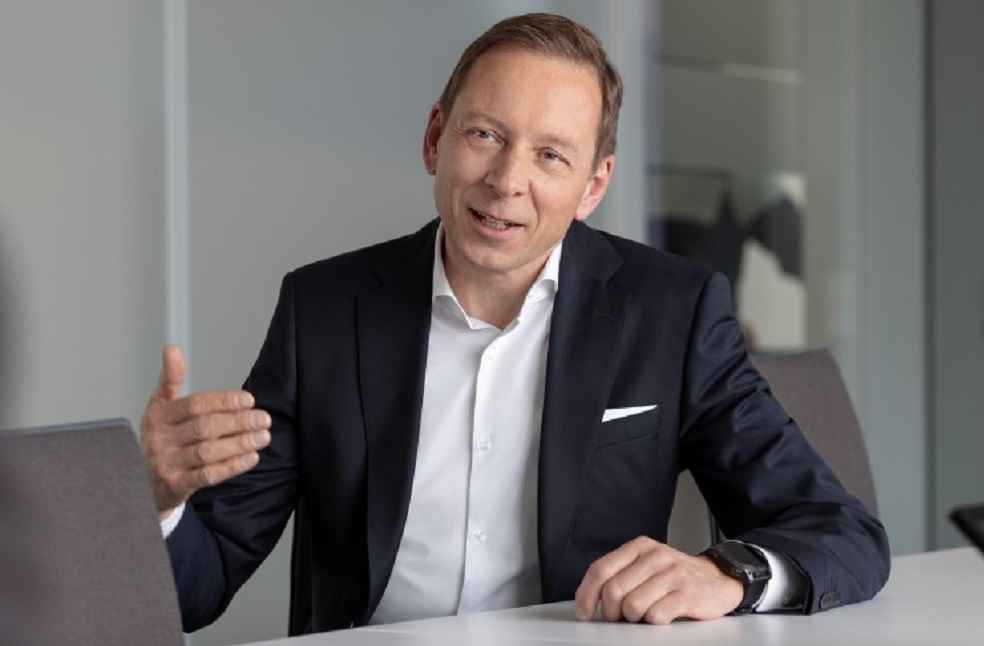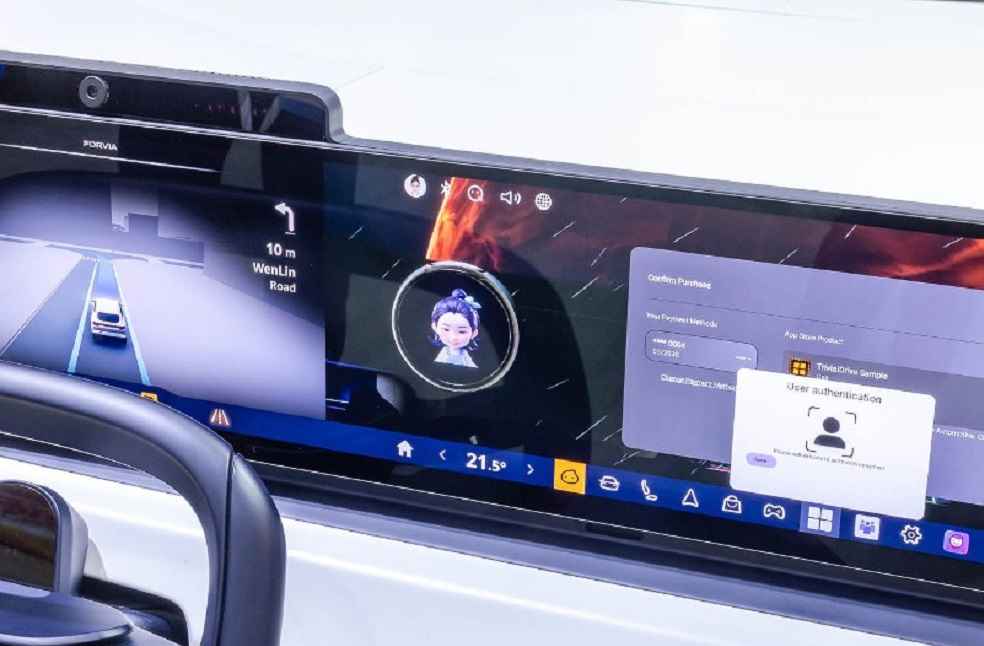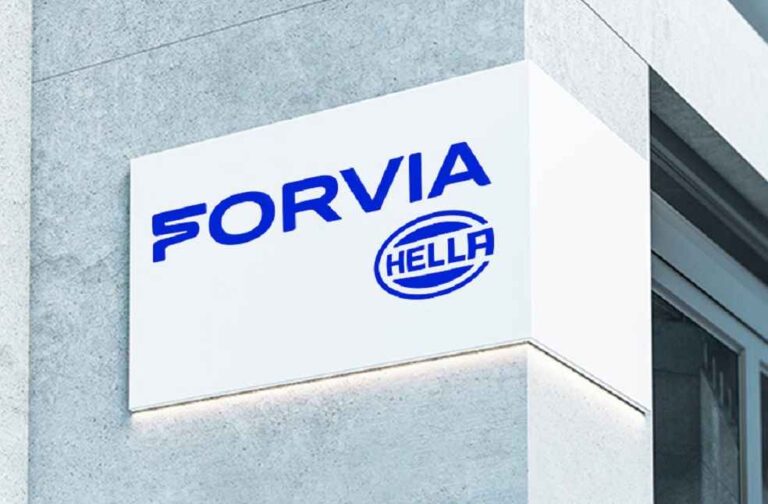Forvia, one of the world’s largest automotive technology suppliers, is ramping up its commitment to India with an ambitious plan to more than double local revenue to over €1 billion (about Rs 10,000 crore) within the next five years. The target, up from current product sales of over €400 million, will be driven by a Rs 1,000 crore investment in manufacturing and advanced technology.
The move reflects a strategic reassessment of India’s role in Forvia’s global operations, according to Martin Fischer, the company’s chief executive officer, who took charge in March. “I looked at our book of business, I thought it’s not quite representative of what the Indian market is today and what it offers also in terms of growth opportunities,” Fischer said during his first visit to India in his new role.

Forvia ended 2024 with a turnover of €26.97 billion (around Rs 2,69,700 crore) and is projecting 2025 sales between €26.3 billion and €27.5 billion. India’s contribution remains small at roughly €400 million, or 1.5% of global revenue, despite being among the fastest-growing automotive markets worldwide.
The new strategy marks a departure from Forvia’s earlier focus on engineering and shared services in India. The company now intends to establish the country as a ‘real parts business force,’ with products engineered, sourced, and supplied locally.
The investment plan, structured through 2030, is being channeled into Forvia’s core business segments. Electronics will receive the largest allocation, with around Rs 800 crore set aside to boost turnover from just over €100 million to more than €400 million within five years.

Seating is another priority, with a new facility planned to produce complete seats and quintuple revenue from €30 million to €150 million.
Clean mobility, primarily exhaust systems, will also see major expansion, including a new plant in northern India to strengthen proximity to customers. Turnover in this segment is targeted to grow from over €100 million to more than €200 million.
Additionally, Forvia will build a new state-of-the-art lighting plant for passenger cars and extend its facility for specialized lighting applications across trucks, farm equipment, and aftermarket solutions.

Fischer emphasized that success in India will depend on decentralization, granting local business units greater ‘decision freedom’ to respond to market realities. He added that “frugal engineering” will play a central role in developing cost-effective solutions tailored to India’s price-sensitive market, instead of adapting standard European products.
“I could almost place a bet that when we go through that empowerment way and say we let loose the Indian team, that we are going to exceed the expectations,” Fischer said, underscoring Forvia’s confidence in India’s potential.
KNOWLWDGE | Car Repair Costs Surge 15% in 2025 as Tariffs Drive Up Prices





